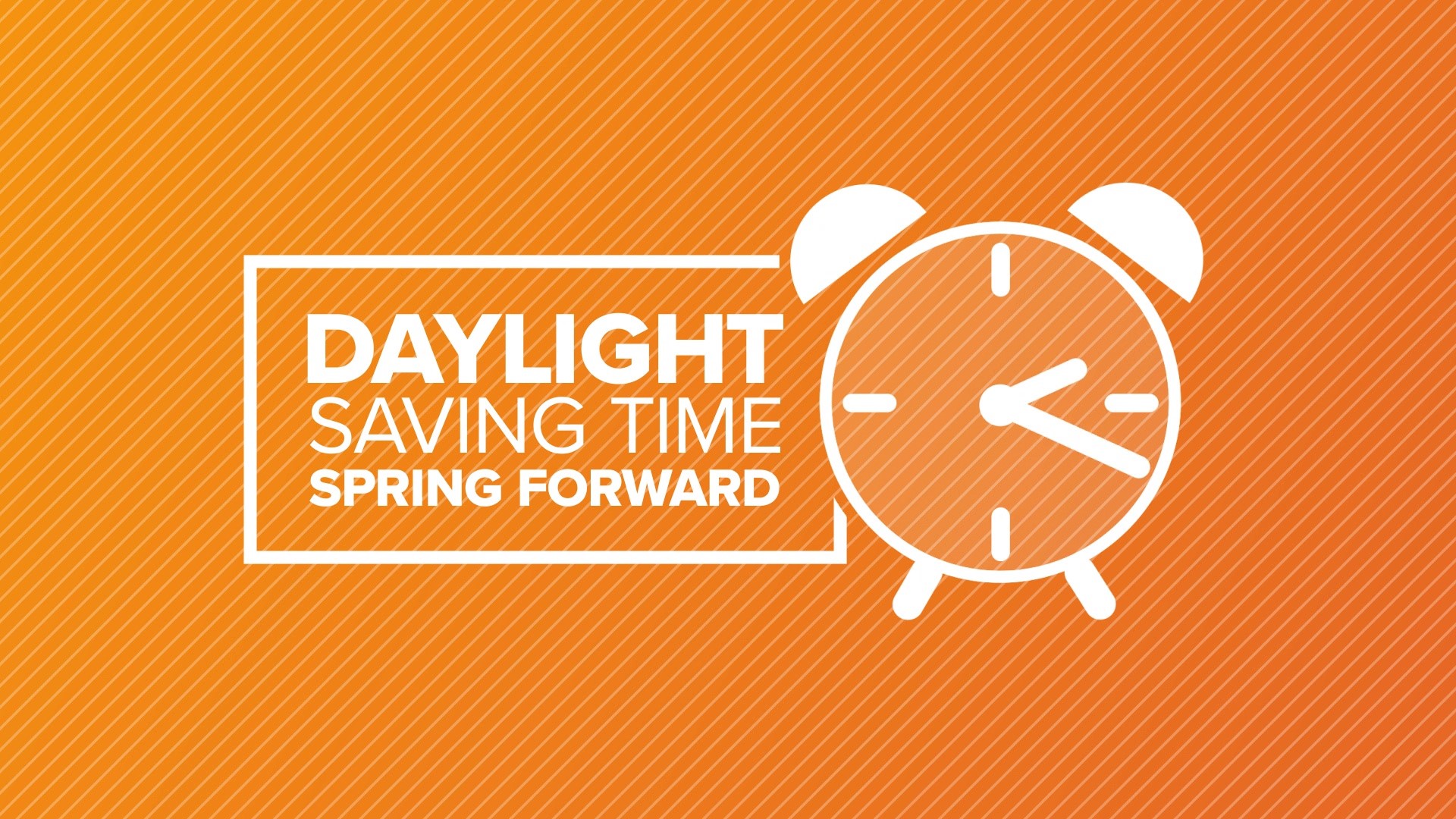DANVILLE, Pa. — Should we ditch daylight saving time or make it permanent? That question pops up every year but never seems to go anywhere.
Many politicians and sleep experts agree that we should at least scrap the practice of changing our clocks twice a year. But they don't all agree on which system we should stick with.
Dr. Anne Marie Morse is the head of pediatric sleep medicine at Geisinger's Janet Weis Children's Hospital in Danville.
"Flipping and flopping back and forth, especially at two different time points throughout the year, is doing no one a favor. And in fact, is not only creating a lot of physiological confusion in our own bodies, but it also creates adverse events that we're seeing in people from a health perspective, a mood perspective, attendances," said Dr. Morse.
Dr. Morse wants standard time to be just that: the standard.
"We are pushing our bodies to function in a day/night rhythm that is not natural to us."
The Sunshine Protection Act, a bill to make Daylight Saving Time permanent, was reintroduced in Congress this month.
That means we would spring forward this year, then never fall back.
If that were to happen, sunrise would not occur until around 8:30 a.m. in the winter months. This chart shows the times the sunrises and sunsets would be during different seasons in both permanent Standard Time and permanent Daylight Saving Time.
Research shows deadly traffic accidents increase in the week immediately following the switch to Daylight Saving Time.
Another study found an increase in heart attacks reported in hospitals the Monday after we spring forward.
"We've tried this many times. In fact, it's been tried four times internationally since as early as the 1970s. We've seen an increase in fatalities in children because they're waiting at the bus stop in the dark. We've seen an increase in mood disturbances. I would just say, if I were in Congress, look at our past mistakes. Let's not repeat history and make the same mistake again," Dr. Morse said.
The bill was introduced in the Senate and passed unanimously last year. But it stalled in the House. If it passes, we would not change our clocks back in the fall.
Watch Healthwatch 16 stories on YouTube.

